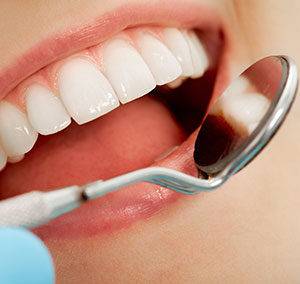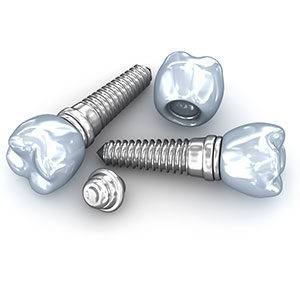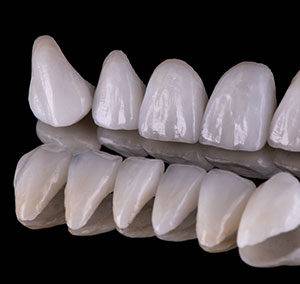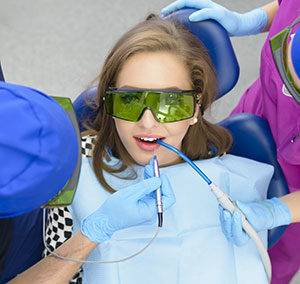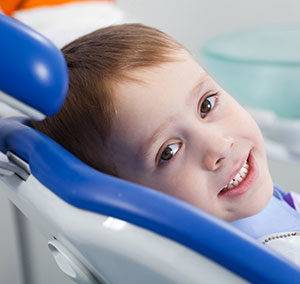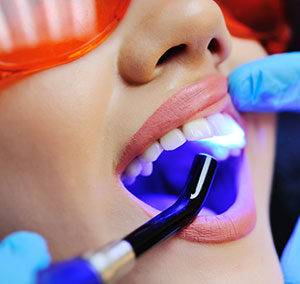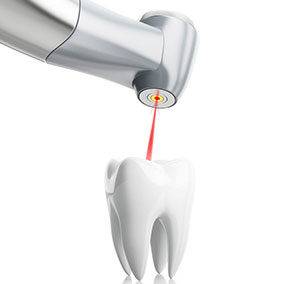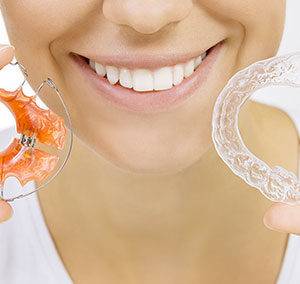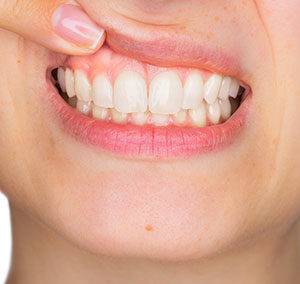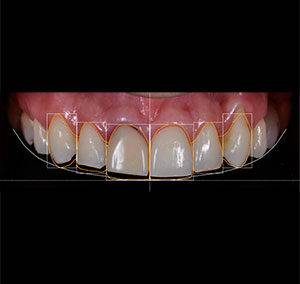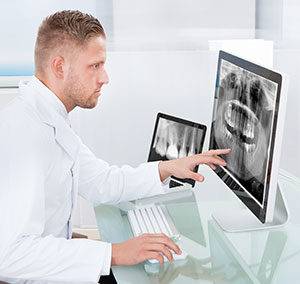Pedodontic Treatments
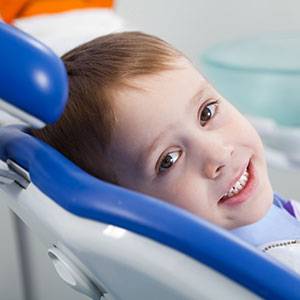
We have very talented team expertise to properly handle and treat your children that we rarely have to use the easy way-out to treat them under general anesthesia although we are fully capable of doing so.
Our team has the knowledge and tools to break all the barriers of fear that both, the child and his parents possess from the dental office visit.
We are very keen to build a trustworthy friendly relationship with your child before and after his/her dental treatment.
Pedodontic FAQ
At what age should my child first visit a dentist?
We advise that the parents should consult their dentist to educate them and give them tips on how to properly maintain a good oral hygiene for their baby before any teeth eruption occurs.
How to care for those little choppers?
Even before your baby starts teething, run a clean, damp washcloth over the gums to clear away harmful bacteria until the age of 12 months. Once your baby is 12 months old, brush them with an infant toothbrush. Use water and a tiny bit of kids’ toothpaste. Kids aged 3 and up should use only a pea-sized amount of fluoride toothpaste.
How does tooth decay happen?
Even babies can develop tooth decay if good feeding habits aren’t practiced. Putting a baby to sleep with a bottle might be convenient, but can harm the baby’s teeth. When the sugars from juice or milk remain on baby’s teeth for hours, they can eat away the enamel, creating a condition known as bottle mouth decay. Pocked, pitted or discolored front teeth are signs of bottle mouth decay.
But now, what if your child got a tooth decay?
We have many options according to the type of decay ranging from simple filling till tooth extraction. But one way to save a tooth where the caries reached the pulp of the tooth (the tissue inside the tooth responsible for its blood supply and nerve sensation) is a procedure known as pulpotomy.
What is pulpotomy and/or pulpectomy?
Generally both terms mean “cutting off” of the pulp. Due to infection of the pulp tissue by the decay, the pulp tissue is removed to prevent any future pain occurring in that particular tooth, and to avoid spreading of the infection to the underlying jaw bones and permanent teeth successors.
Why pulpotomy if the tooth will fall-out?
Some parents may wonder why even bother, if the tooth will fall out anyway. But keeping these teeth can be important. Yes, if the baby tooth is a front tooth, it can fall out without any complication. But if it’s a baby molar, which is the case with almost all pulpotomy cases, and the tooth is lost prematurely, the permanent dentition will become a jumbled mess. With no teeth present to maintain the proper space for the permanent successors, the teeth will drift and the spaces will grow smaller. Then, at age 10 to 12, when it’s time for the permanent premolars to come in, there won’t be enough space for them to come out properly and they may be forced out sideways.
Premature extraction of baby teeth is the main reason for why many children need orthodontic treatment.
What’s after pulpotomy?
Non-vital teeth are brittle just like tree branches, so they protection, they need to be covered, and one way to cover those primary teeth is the use of simple prefabricated crowns known as stainless steel crowns or zirconium crowns.
What should I do if the dentist had to extract one of my child’s baby teeth?
You should treat this space by a device called space maintainer.
What is a space maintainer?
A device is made to maintain the space after premature extraction of baby teeth to allow the permanent one’s to erupt in their proper space with proper alignment.
Is thumb sucking and pacifier habits harmful for a child’s teeth?
Thumb and pacifier sucking habits will generally only become a problem if they go on for a very long period of time. Most children stop these habits on their own, but if they are still sucking their thumbs or fingers past the age of three, a mouth appliance may be recommended by your pediatric dentist.
When should I expect my baby’s first teeth?
The central incisor at 4-7th month.
When should I consider that my baby is running late on teeth eruption?
By the age of 18 months you should consult with a pediatric dentist; it may be inherited.
When should I expect my child’s first permanent teeth o come out?
At 6 years.
My child’s new teeth have ragged and uneven edges, is this normal?
Totally normal; they are uneven, thin and tend to wear away quickly while growing to fit into those big new healthy teeth.
What are the methods that could protect my child’s teeth from future decay?
Brushing, keeping up regular dental visits, limiting his frequent snacking and sticking to a healthy diet.
What should I do if my child falls and knocks out a permanent tooth?
First act quickly within the first 30 minutes!!
1. Pick up the tooth from the crown NOT the root.
2. Rinse under running water
3. Reposition it in the socket if possible
4. If you can’t reposition it in the socket, keep the tooth moist either in buccal vestibule, milk, saline or water, and call your dentist immediately.
What can I do to protect my child’s teeth during sporting events?
Soft plastic mouth guards can be used to protect a child’s teeth, lips, cheeks and gums from sport related injuries. A custom-fitted mouth guard developed by a pediatric dentist will protect your from injuries to the teeth, face and even provide protection from severe injuries to the head.
